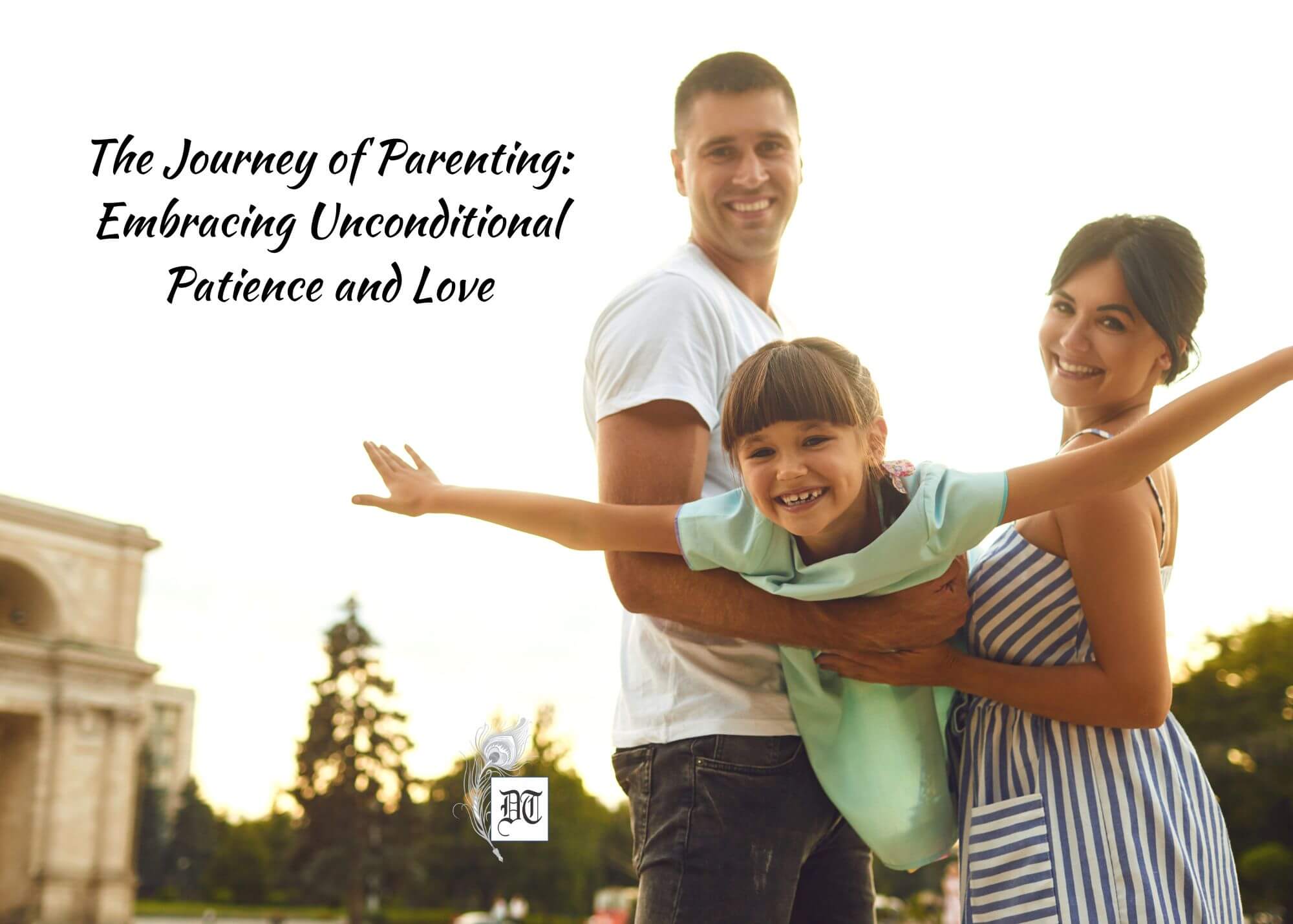Rajul, in an exclusive for Different Truths, emphasises the importance of open communication in families, highlighting how parents can create a safe space for their children.
I began my journey as a psychologist/counsellor a few months back after completing my major in the subject.
During a counselling session today, I realised that some people do not have sleeping pills prescribed to them by their doctor/psychiatrist because they can’t get up from a nightmare they are having and must live it if they keep sleeping!
This is sad. And what’s sadder is our generation relies less on human experience, real heart-to-heart talk at home, with family or friends without the fear of being judged. That is the reason fake healers who can’t even help you in the long run can mooch off your money or energy or worse, you don’t get anyone to even hear you out because you don’t have money.
Let’s understand the basics if you are a parent who wants to make a positive difference in your child’s life at any point in time.
Our homes should be a safe place for children…
Our homes should be a safe place for children and our vulnerable loved ones in the first place. They should not be judged; their struggle should not be trivialised, and they should be respected for the choices they make to begin with. This is not too much to ask.
So much for charity, we all boast off and show off on social media, we must know that compassion must first flow in the family at home, or you are not worthy of starting it. Parenting can be a daunting task, full of challenges, but almost all the parents in this world wish to be parents, some even pray to be one.
If so, I am amazed how from being a blessing, children transition into being a priced possession. You must keep them in impeccable condition, constantly fixing their inclination and their choices, and talk about your dreams in front of them constantly so that they become absorbed in your dreams and forget that they have a unique individuality and purpose to live.
At the same time, we need to sit down and talk.
At the same time, we need to sit down and talk. A parent who knows this fact, sooner or later sort it out and do everything in their might to straighten out creases of worries in their relationship with their children.
What can we do when a child shares:
· Peer groups are support groups if they have gone through similar conditions otherwise, they can be great listeners without commenting, just saying ‘I hear you!’ goes a long way.
· Experienced friends on the other side can help, boost morale, and make their friends realise the bright side of life genuinely.
· Parents are often busy. They forget the difference between interfering and helping. They must not interfere with their children’s social circle until it’s toxic. Having a variety of friends (both girls and boys) helps in making their personality rounded off, relieving anxiety, and they get to know different kinds of people and how to deal with them.
Quality time often leads to non-manipulative, genuine talks between parents and their kids.
Parents must have watching sessions, playing sessions, or crafting sessions together with children (which is not part of the curriculum). Quality time often leads to non-manipulative, genuine talks between parents and their kids. Bonding requires just time, everything else is just ‘joy’ with kids. Even more so because this time won’t come again.
Children who are too obedient often grow up to be people pleasers and are often traumatised by the people they love without even knowing because they have been overdoing it since childhood and it is in their pattern now. When they grow up, they have a high probability of ending up with toxic partners as they don’t know much about actual relationships that work just as well without them working so ‘hard’ for them.
Children must be given the freedom to call a spade a spade and point out respectfully to a parent when he or she is wrong and is affecting him or her.
Finally, social media addiction is a rage in teenagers. They don’t know when this sways them away from real life and begins affecting their life choices in the worst order. School-going children shouldn’t be given access to social media and even if they are using it, their accounts should be parent-supervised or screen time should be fixed for a day. Now here is where parents help by interfering in a subtle but logical manner. But it’s mostly the opposite with parents and hence, this article.
I hope this article helps. And no, I am not a perfect parent and had a turbulent life, but I grew up to be making choices that turned out in favour of my children. Time with my boys is important for me so I turn down several engagements and even businesses to be with them. Boys talk about big things and tend to hide the smallest of things that bug their mind and share it casually with friends first before telling their parents that while talking to a friend they realise that they haven’t talked about this yet with their parents and they must. For that too parents should be in the safest place, if that’s not the case, they never open.
With girls mostly, every small detail is often shared in their safe place…
With girls mostly, every small detail is often shared in their safe place (parents) and big fears are often locked up inside their bodies in the form of unexplained sickness or passive aggression. So even if you are an emotionally safe parent to your child, the journey is an ongoing work which should be done with unconditional patience and love.
All the best for the most spectacular purpose of life – raising your children into emotionally intelligent, mentally stable, and optimistic humans! Today, the world needs those guiding lights more than we know.
Picture design by Anumita Roy





 By
By
 By
By
